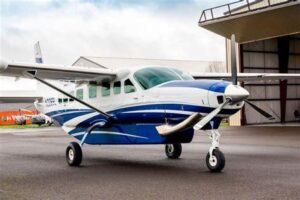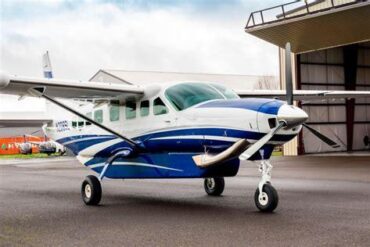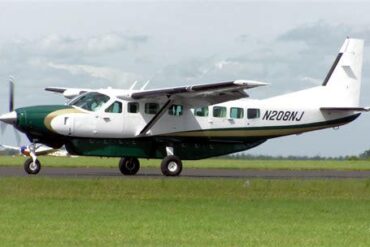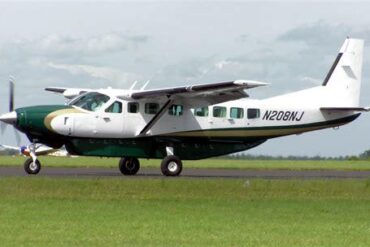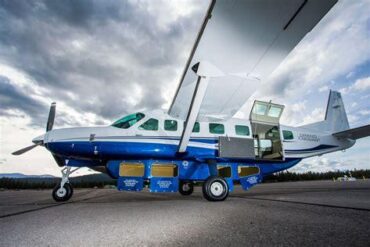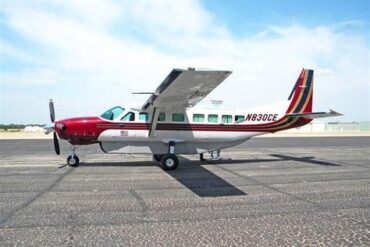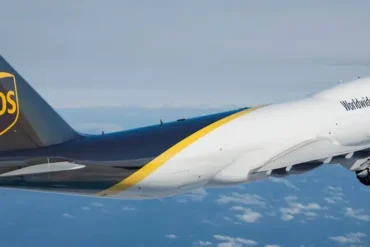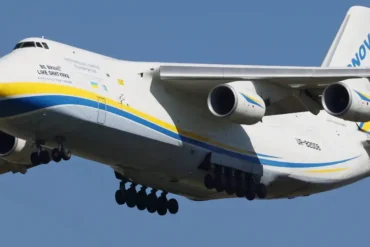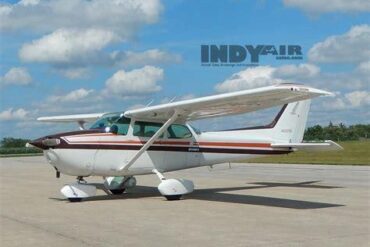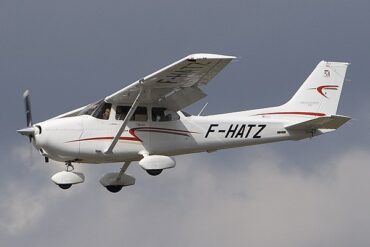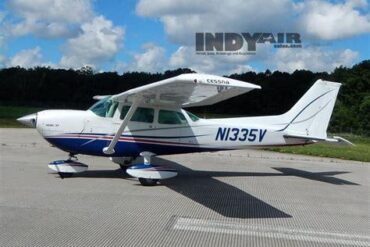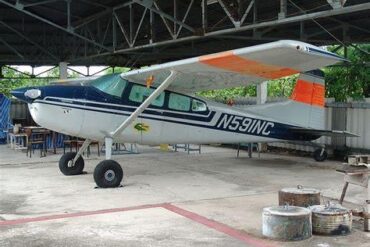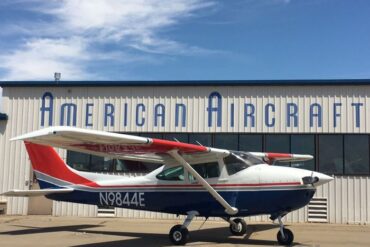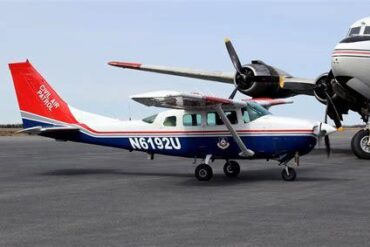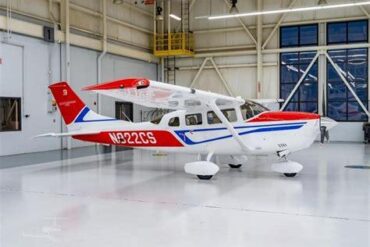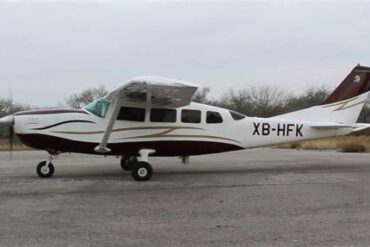The Cessna 208 Caravan has carved out a significant niche in the aviation industry, renowned for its versatility and reliability. This article delves into the price and operating costs associated with the Cessna 208 Caravan, specifically when outfitted with a cargo pod. Understanding these factors is crucial for potential owners and operators seeking to optimize their investment.
Overview of the Cessna 208 Caravan
The Cessna 208 Caravan, first introduced in 1982, has become a staple in both commercial and private aviation sectors. It boasts a robust design, capable of handling various missions, from passenger transport to cargo delivery. The aircraft is powered by a Pratt & Whitney Canada PT6A-114A engine, providing it with exceptional performance and reliability. Its spacious cabin can be configured for different purposes, making it an ideal choice for businesses that require adaptability.
Initial Purchase Price
When considering the purchase of a Cessna 208 Caravan, the initial price is a pivotal factor. As of 2023, the cost of a new Cessna 208 Caravan typically ranges from $2.5 million to $3 million. This price can vary based on several factors, including:
-
Aircraft Configuration: The choice between passenger seating, cargo pod installation, or a combination of both can significantly affect the price.
-
Customization Options: Buyers may opt for additional features such as upgraded avionics, enhanced interiors, or specialized cargo equipment, which can raise the overall cost.
-
Market Conditions: Fluctuations in the aviation market, demand for light aircraft, and economic conditions can also influence pricing.
For those considering a used Cessna 208 Caravan, prices can range from $1 million to $2 million, depending on the aircraft’s age, condition, and maintenance history.
Cargo Pod Installation
Installing a cargo pod on the Cessna 208 Caravan enhances its cargo capacity and operational flexibility. The cargo pod can increase the useful load and allow for the transport of oversized items without compromising passenger space. The average cost for a cargo pod installation ranges from $50,000 to $100,000, depending on the specifications and manufacturer.
Operating Costs Breakdown
Owning a Cessna 208 Caravan comes with various operating costs, which can be categorized into fixed and variable expenses. Understanding these costs is essential for effective budgeting and operational planning.
Fixed Costs
-
Insurance: The annual insurance cost for a Cessna 208 Caravan typically ranges from $10,000 to $20,000. Factors influencing insurance premiums include the pilot’s experience, the aircraft’s usage, and the coverage level.
-
Hangar Fees: Depending on the location, hangar fees can vary significantly. On average, owners should expect to pay between $300 and $1,500 per month for hangar space.
-
Financing: If the aircraft is financed, monthly payments will depend on the loan amount, interest rate, and term length. Monthly payments for a $2.5 million aircraft can range from $15,000 to $25,000.
-
Maintenance Reserves: Setting aside funds for regular maintenance and unexpected repairs is prudent. A typical maintenance reserve for a Cessna 208 is about $50 to $100 per flight hour.
Variable Costs
-
Fuel Costs: Fuel is one of the most significant variable costs associated with operating a Cessna 208. The aircraft burns approximately 30 to 35 gallons per hour of Jet A fuel, with fuel prices varying by location. Assuming an average fuel price of $5 per gallon, total fuel costs can reach $150 to $175 per hour.
-
Pilot Salaries: If employing a pilot, salaries can vary based on experience and location. A typical salary for a qualified Cessna 208 pilot ranges from $60,000 to $100,000 per year.
-
Maintenance and Repairs: Regular maintenance is essential to ensure the aircraft operates efficiently. Annual maintenance costs can range from $20,000 to $50,000, depending on usage and required services.
-
Parts and Consumables: Routine parts replacement and consumables can add an additional $5,000 to $10,000 annually to operating costs.
-
Landing and Handling Fees: Airports often charge landing and handling fees, which can vary based on location and facility type. Budgeting around $100 to $500 per landing is advisable.
Cost Efficiency and ROI
Understanding the total operating costs associated with the Cessna 208 Caravan allows owners to assess the return on investment (ROI) effectively. With its ability to transport cargo efficiently, the Caravan can generate substantial revenue through various avenues:
-
Charter Services: Offering charter services can yield significant income, especially in regions with limited air transportation options.
-
Cargo Transport: The addition of a cargo pod allows for the transport of goods, catering to businesses needing reliable logistics solutions.
-
Tourism and Sightseeing: Operators can leverage the Caravan for scenic flights and tourism services, generating additional revenue streams.
Conclusion
The Cessna 208 Caravan, particularly with a cargo pod, presents a compelling option for businesses and individuals seeking versatility in aviation. While the initial purchase price and operating costs are critical considerations, the potential for revenue generation through charter services, cargo transport, and tourism can offer attractive returns on investment. Careful financial planning and an understanding of operational dynamics will enable owners to maximize the benefits of this remarkable aircraft.
In summary, the Cessna 208 Caravan, with its competitive pricing and manageable operating costs, remains an invaluable asset in the aviation landscape, combining efficiency with profitability.
